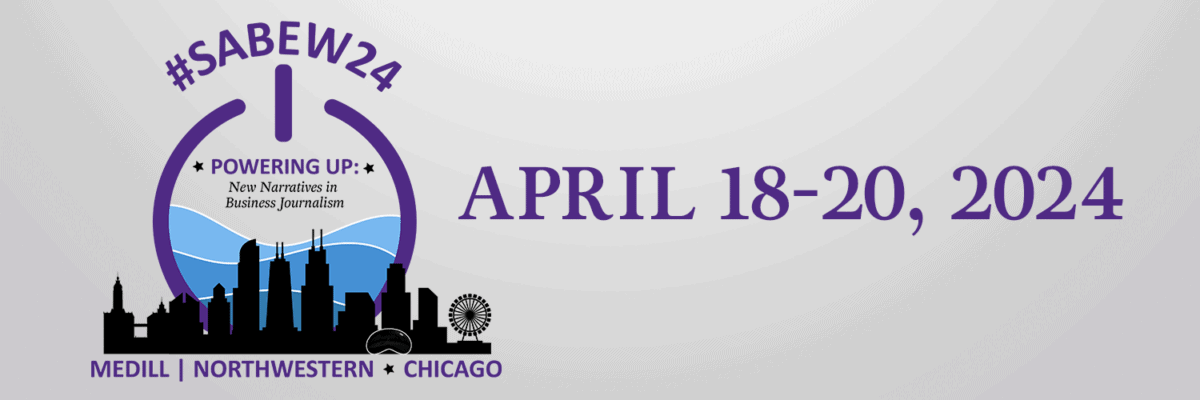By Charles Clark
Walter Cronkite School of Journalism and Mass Communication at Arizona State University
A panel of economists and academics expressed a relatively optimistic view on the progress of the U.S. economy, and to a degree, the possibility of future wage growth.
The discussion about the economy and wages occurred Friday at the SABEW 2016 annual conference. The panel was moderated by Tara Sinclair, economist and associate professor of economics and international affairs at George Washington University, and featured three panelists: Elise Gould, senior economist at the Economic Policy Institute; Mark Zandi, chief economist at Moody’s Analytics Inc.; and Seth Harris, distinguished scholar at Cornell University’s School of Industrial and Labor Relations.
The moderator and panelists agreed, in most part, about the U.S. economy’s positive growth. “The labor market is strong,” Zandi said.
Zandi and others cited the decline in unemployment and the steady unemployment rate of five percent, as well as the increase in the number of workers quitting their jobs, as evidence of a continued improving economy.
Overall, the panelists said the expectation is that if the U.S. economy continues to follow current trends toward full employment, that will increase worker bargaining power and lead to an increase in wages.
However, all panelists recognized that this possibility does not exist in a vacuum and is compounded by several other factors such as productivity, profitability, and government policy. Furthermore, potential wage growth seems is highly dependent on the full employment.
“Labor only has full negotiating position when the economy is at full employment or close to it,” Zandi said.
Harris in particular expressed the belief that economic growth, and wage growth in particular, would stagnate.
“I believe that productivity growth is necessary for wage growth, but I do not believe that it is sufficient,” Harris said. “There is no reason for me, that profit hungry companies or profit squeezed companies, are going to share the productivity growth with their workers and share some bargaining value.”
Harris said that it would additionally take societal institutions, policy decisions and overcoming certain social obstacles, to achieve the desired and sustainable wage growth.
“Those things that are done by our society, as opposed to the individual, to increase their bargaining power remain at a low level,” he said.
Disagreement regarding the skills gap was also expressed among the panelists. Zandi and Sinclair expressed belief in the gap, with Zandi saying that the job skills mismatch will become clearer as the labor market reaches full employment.
On the other side, Gould and Harris considered themselves skeptics of the skills gap.
“Some people talk about there being a skills gap in the economy, (but) I don’t really see that happening today,” Gould said. “The fact that employers do not see the need to increase wages to accommodate workers is evidence in and of itself.”






